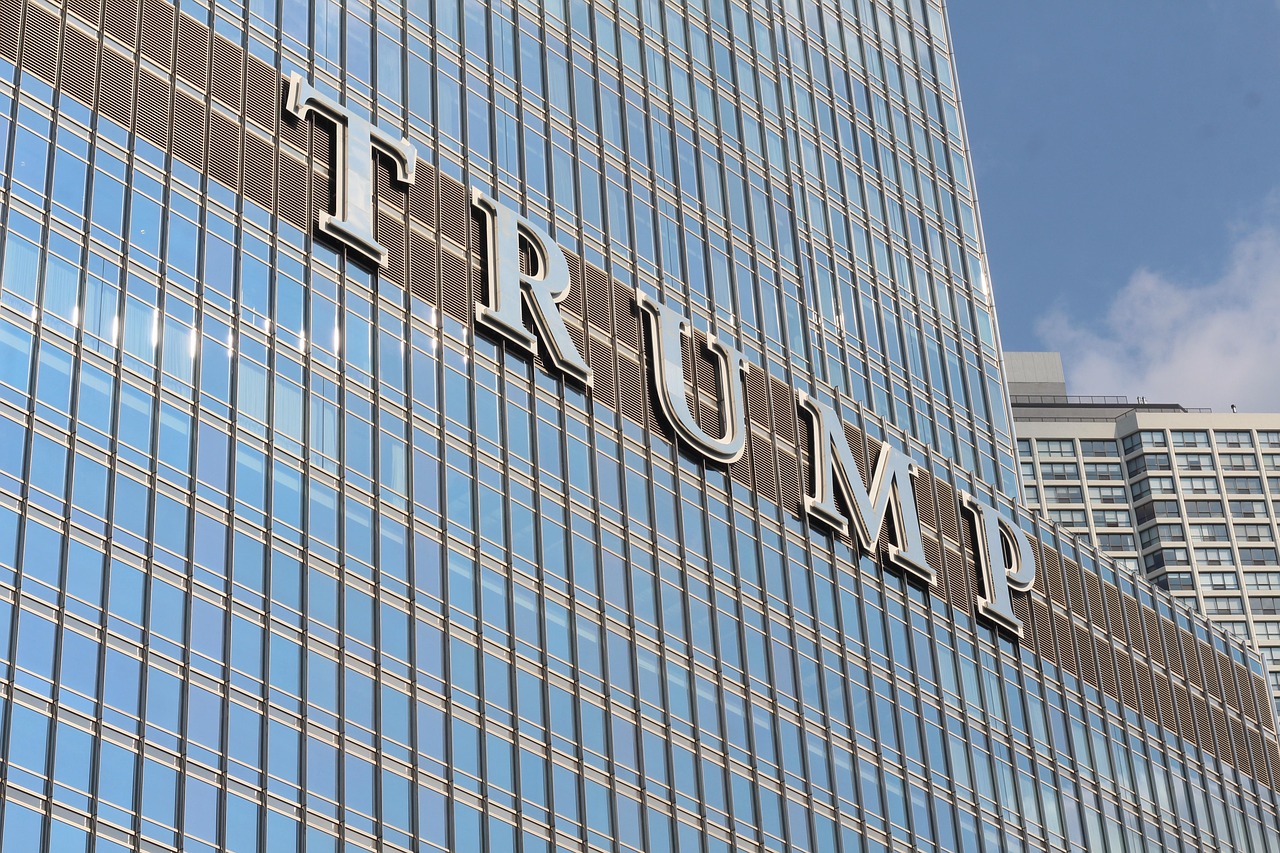
Understanding Howard Lutnick’s Role
Howard Lutnick, the current Secretary of Commerce under President Donald Trump, is reshaping the landscape of American trade policy with an aggressive approach to tariffs and negotiations. His strategy, characterized as a “shakedown” by some trade negotiators, aims to leverage tariffs not just as economic tools but as instruments of negotiation. Lutnick has taken a brash, no-nonsense stance, suggesting that the government should transform into a money-making enterprise rather than merely a regulatory body.
Examining Tariff Policies and Impacts
The implementation of tariffs under Lutnick’s direction has been sweeping and controversial. In early April 2025, the Trump administration imposed a baseline ten percent tariff on nearly every country. Notably, China faced a staggering thirty-four percent tariff, which later escalated to one hundred twenty-five percent. Lutnick’s approach has led to significant economic upheaval; for instance, American car manufacturers protested against additional tariffs on automobile parts, fearing increased costs that could pass down to consumers. The immediate aftermath of these tariffs saw corporate executives reaching out to Lutnick for relief, demonstrating the high stakes involved.

Lutnick’s Unique Vision for Government
Lutnick envisions a government that functions more like a business, focusing on outcomes rather than traditional bureaucratic processes. He proposes radical ideas, including the replacement of the Internal Revenue Service with an External Revenue Service, which would collect tariffs rather than taxes from citizens. This concept reflects his belief that the government should innovate rather than stagnate. His most ambitious idea is to sell U.S. citizenship for five million dollars each, which he refers to as the “Trump Card.” He argues that selling 200, 000 of these cards could generate a trillion dollars, a staggering figure that highlights his unorthodox approach to governance.
A Closer Look at Lutnick’s Background
Howard Lutnick’s rise to prominence began in the financial sector, where he became the CEO of Cantor Fitzgerald after the September 11 attacks. His experience navigating crises and making decisive business decisions has equipped him with a unique perspective on trade and commerce. Lutnick’s background reveals a complex character shaped by personal tragedy, which has likely influenced his assertive approach to policy-making. His tenure at Cantor Fitzgerald, which survived the catastrophic loss of its staff during 9/11, showcases his resilience and ability to manage under pressure.

Lutnick’s Relationship with Trump
Lutnick’s relationship with President Trump is marked by frequent late-night phone calls where they discuss both serious trade matters and personal anecdotes. This rapport allows Lutnick to align closely with Trump’s vision of American trade, making him a pivotal figure in shaping policy.
His understanding of what Trump desires in trade negotiations—primarily focused on reducing trade deficits and promoting American-made products—positions him as a key player in the administration’s economic strategy.
Future Implications of Lutnick’s Policies
As Lutnick continues to implement his vision for the Department of Commerce, the implications for American businesses and international relations are profound. His policies could redefine how trade is conducted, emphasizing a transactional nature that prioritizes American interests.
The long-term effects of these tariffs and Lutnick’s proposed reforms may lead to a reconfiguration of global trade dynamics, with potential benefits and drawbacks for various sectors of the economy.
The Path Ahead
Howard Lutnick’s tenure as Secretary of Commerce under President Trump signifies a departure from traditional governmental roles, pushing for a more entrepreneurial approach. His aggressive tariff policies and innovative ideas for revenue generation could reshape not only the American economy but also its international trade relationships.
As Lutnick continues to navigate the complexities of commerce, the impact of his decisions will be closely watched, with the potential for significant economic shifts on the horizon.

s43h1f
9l3l71